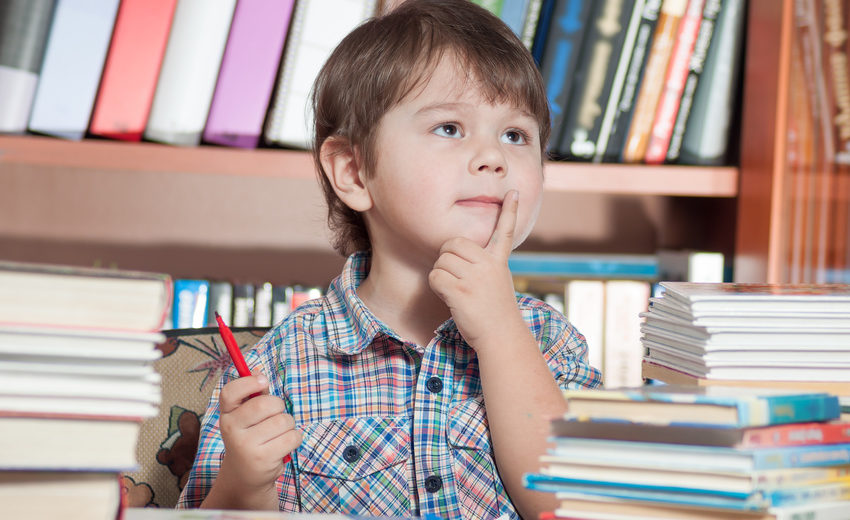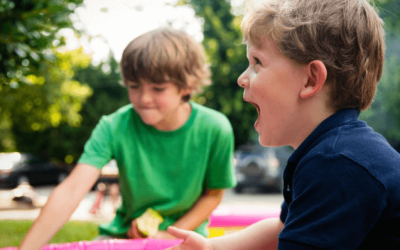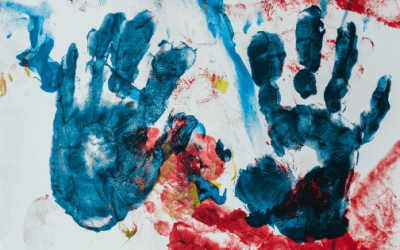[vc_row][vc_column][vc_column_text]Your child’s first day of preschool signals the start of a key period of development in his or her life. Around three-fourths of young children in the U.S. participate in preschool programs, and this time involves significant mental, social, and emotional development. That means it’s imperative to do your homework and choose a preschool program that fits your child’s needs and will help them get ready for primary school. Here are a few things to consider when choosing a program from among the best preschools in Bergen County NJ.
What kind of training do teachers and staff have?
Credentials may matter to some parents more than others. However, the teachers and staff should have ample experience and necessary qualifications. Parents should be sure to ask about the credentials of the teachers and their related experience working with young children. Advanced credentials aren’t everything; in many cases, it may be more important that staff members are nurturing and committed to providing a great experience for students.
What’s the curriculum like?
You’ll also need to find out more about the program’s educational philosophy and daily structure. In looking at different Bergen County preschools, you should choose one with a regular routine that includes physical activity, social development, crafts, quiet time (like nap time or story time), snacks and/or meals, and free play time. While letters, numbers, and other concepts should be included, preschool programs should not be rigorously academic. Student development should be stimulated through play and fun activities that can be used in their everyday lives.
What sense do you get from the environment?
Of course, it’s not just about what the program promises to do. Before your child’s first day of preschool, you’ll want to take a good look around the facilities to see if they’re up to your standards. All areas of the school should be safe and clean. Toys and other equipment should be in good condition. Look for a school that has an outdoor play area, but make sure the school grounds cannot be easily accessed by strangers. If you feel uneasy about anything you see at a particular preschool, continue on your search.
Do students need to be potty trained?
Before your child shows up for her first day of preschool, you need to be clear on the potty training rules. Some preschools do require students to be fully potty trained before entering class. In other cases, staff members may be willing to help out with this process. Even if your child is potty trained, accidents can still occur; make sure to ask how staff members deal with this. Be sure to be clear on the rules and to not put your child in a situation they aren’t quite ready for.
Need help deciding on a great preschool program for your child? Check out Lily Pond Country Day School! To learn more about why we’re one of the best options for preschool Bergen County NJ has to offer, contact us today.[/vc_column_text][/vc_column][/vc_row]




